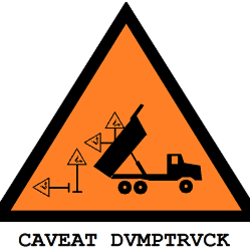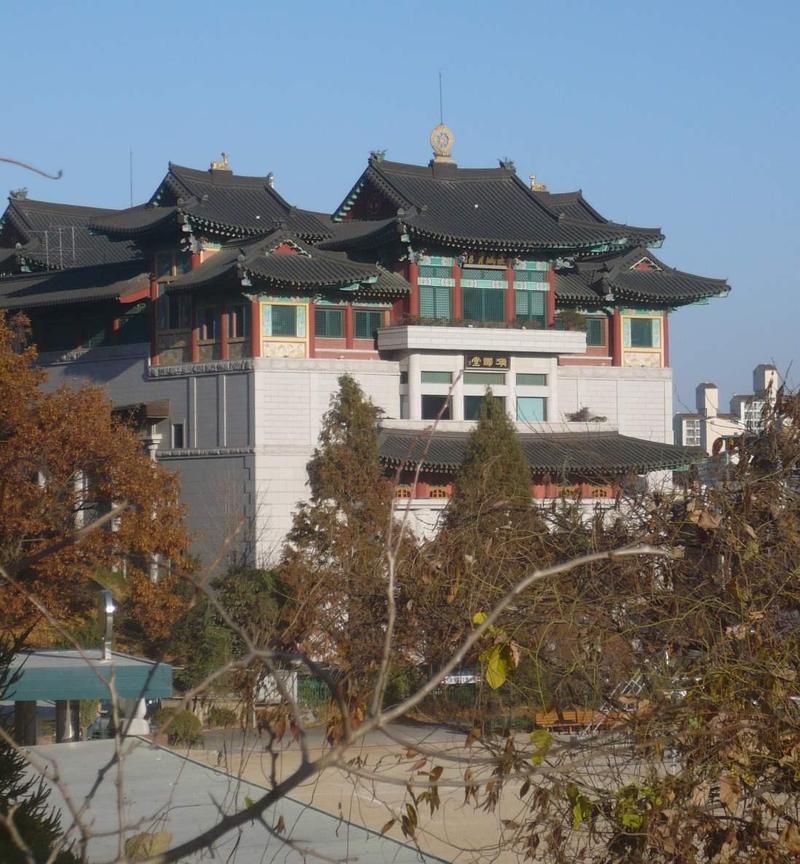It was an unhealthful-feeling weekend. I had an upset stomach or something in that vein. So I didn’t do much.
I had a repeating dream, both Saturday night and again last night. It was one of those very peculiar, semi-abstract dreams, kind of like dreaming a short excerpt from a philosophical novel. The kind of dream I deserve, given the sorts of things I sometimes read or think about, I suppose. But it wasn’t terribly coherent. Prominent in the dream were references to Plato’s Allegory of the Cave. I won’t try to explain it here – you can browse wikipedia for an explanation.
I am not a Platonist. But revisiting the Allegory of the Cave is not something unexpected in the life of my mind – I first met Plato’s Allegory on the pages of Robert Pirsig’s Zen and the Art of Motorcycle Maintenance, which I first read when I was 15, and re-read my first year of college. The book had a profound influence on me – arguably, it has been one of the most influential books I have read.
Platonism and I have had other encounters, and many of my acquaintances and friends have been put off by my almost militant stance against it – especially given the fact that I’m careful to make clear I don’t even fully understand it. But it’s all part-and-parcel with my anti-transcendent take on epistemological topics more generally. Most notable, perhaps, is the unforgettable, inconclusive argument I had with Michelle over the “nature of reality,” which began fairly early in our relationship.
It was in the spring or summer of 94 – before I went off to Chile for 6 months that fall. We were driving back from Winnipeg, through a thunderstorm somewhere in North Dakota. We had been visiting Michelle’s friend Gerry, who was one of the few of Michelle’s friends for whom I felt a certain affinity – he had been a graduate student in Philosophy at the University of Minnesota, and Michelle had gotten to know him when he’d been a T.A. for a general education philosophy-type course she took. So, having been visiting with Gerry out on the Manitoba prairie over the weekend, philosophical topics were in the air.
Already, I knew Michelle was a hardcore Platonist. Though she wouldn’t have been comfortable using that term. Aside from not liking “labels” of that sort, anyway, she wasn’t really very comfortable with philosophical language, despite her strong inclinations to thinking about such things, and her capacious abstract intelligence.
So we argued. Plato versus Aristotle – roughly. It was, in some ways, one of the most painful, unrelenting arguments she and I ever had. It lasted the entire drive back to Minneapolis, and it never really ended after that – we were still having that same basic argument – different in vocabulary and tone, but substantially the same content – on the phone a week before she departed in 2000. It was quite central to her exit: that there was a place, beyond, where she better belonged. So much so, that in some weird sense, her suicide was an eerie sort of exclamation point – an irrefutable concluding remark – to the argument.
And Platonism inevitably comes up in a discussion of Spanish Golden Age literature. The Church was necessarily Platonist – one could argue that one of the great works in post-Plato Platonic philosophy is the New Testament, after all, and medieval and renaissance philosophers were committed to the relationship. But part of the Erasmian humanist philosophical current emerging in Europe in the proto-enlightenment that was nurturing in repressive, 17th century Spain, included a significant redicsovery of Aristotle. And for writers such as Cervantes, the struggle between the two currents is never far below the surface.
And dreams and cave allegories merge in a work such a Calderón de la Barca’s La vida es sueño. In that vein, I’ve always been rather preoccupied by the coincidence of the names of the protagonists of Cervantes’ Persiles and Calderón’s drama: Sigismundo/Segismundo. Their namesake, a 6th century Burgundian king, seems to have been sainted by the Church mainly to acknowledge the dubious accomplishment of his having felt so guilty about murdering his son that he decided to retire to a monastery. Which makes him, in my thinking, perhaps the patron saint of feeling guilty?
So what was the dream? It didn’t really have a plot, although Michelle and Sigismundo both put in appearances (representing the excessively, woundingly real and excessively, woundingly fictional, respectively?). And I was in a cave. And some people were worshiping shadows, and speaking in tongues. Glossolalia. Or maybe, more likely, a xenoglossic manifestation, because I seemed to understand them, although they didn’t understand themselves or each other. Hmm, is this about my work situation, again? If so, it’s an ironic inversion of some kind.
I asked myself… does speaking in tongues, in a cave, constitute a special case of “speaking in caves”? Let’s call it grottolalia. This question, and answer, were actually a component internal to the dream, and both mornings I awoke with that neologism rolling awkwardly around in my head: grottolalia. A good Freudian could have a field day with this. But I’m strictly Deleuzional – post-Freudian, right?
The dream doesn’t seem terribly significant, does it? Not much plot, just a sort of ambient sense of philosophic unease. But the fact of its repetition is discomfitting.
My anti-transcendentalism remains central to my philosophy – of a piece with my unremittingly materialist view of the universe. But it’s perhaps more fragile now than it has been.








